Cutting-edge science reveals bird of prey persecution
The battle to save England's most threatened nesting bird of prey from illegal persecution is going increasingly high-tech as a technique used for the first time in the UK confirms that a female Hen Harrier that was found dead in the Yorkshire Dales, North Yorkshire, had been shot. Conservationists were monitoring the bird, which had been fitted with a satellite tag, remotely as it ranged across the uplands of Scotland and northern England earlier this year. Concern for the bird was raised in late June when satellite data indicated that the bird was stationary. The bird's body was recovered from a moorland area managed for grouse shooting in the Yorkshire Dales by Stephen Murphy of Natural England on 5th July 2012.
The bird's death is being investigated by North Yorkshire Police. RSPB data and government poisoning data shows the Yorkshire Dales to be a national black spot for persecution, with at least 20 birds of prey having been illegally poisoned, shot or trapped between 2007 and 2011. The Hen Harrier is a rare nesting bird in England, with only one pair nesting successfully in 2012. Government studies have shown that the uplands of England could support over 300 pairs and that the principal reason for the bird's perilous state is illegal persecution associated with grouse shooting.
Scientific breakthrough
The post mortem by the Zoological Society of London (ZSL) showed that the bird had a fractured left leg and would have died as a result of these injuries. An X-ray showed the presence of three tiny metallic fragments at the fracture site, and it was suspected the bird had been shot, but this could not be confirmed. However, using a scientific technique never before deployed in a UK wildlife crime case, scientists from UCL, Stanmore, were able to photograph a cross-section of the leg bone and analyse one of the fragments. This analysis confirmed that the particle had entered the leg bone and that it was composed primarily of lead. Martin Harper is the RSPB's conservation director. Commenting on this case, he said: "Information from a satellite transmitter [and] a detailed post mortem — supported by cutting-edge scientific analysis — adds weight to our belief that Hen Harriers continue to be subject to determined efforts to eradicate them from our countryside. We need the Government and its conservation and enforcement agencies to step up to the challenge of securing the future of Hen Harriers in England. The problem of persecution is well understood; we need Government to bring solutions to the table via an emergency recovery plan. The first step is for ministers to confirm long-term funding for the National Wildlife Crime Unit — it is essential that the UK maintains a national centre of expertise in tackling wildlife crime."

Hen Harrier, Fowlmere RSPB, Cambridgeshire (Photo: Garth Peacock)
The female Hen Harrier — one of the last individuals from the tiny English population — came from a nest last year in the Forest of Bowland, in Lancashire. The bird, christened 'Bowland Betty', had been fitted with a satellite tag to record its movements. Data from the tag revealed that the bird had wandered widely in England and Scotland, before being gunned down in North Yorkshire. The RSPB's Jude Lane works with Hen Harriers in the Forest of Bowland. Commenting on the news, she said: "Devastated! That's how I feel about this news. I was privileged to have been present when she had her satellite tag fitted. I also had the honour of placing her back in the nest once the job had been done. As I placed her back in the nest with her siblings that day, I made sure to wish her luck; it's tragic that her luck ran out. I feel privileged to have known Betty in her short life. She must not be allowed to have died in vain."
Bob Elliot, the RSPB's head of investigations, said: "The Hen Harrier has become so rare that obtaining evidence of persecution has become very difficult, demonstrating the importance of cutting-edge techniques. The person who shot this bird must have realised they would be bringing the Hen Harrier one step closer to oblivion as a breeding bird in England."
The RSPB is offering a reward of £1000 for anyone with information leading to a conviction. People with information can contact the North Yorkshire police or a confidential hotline: 0845 4663636.

Goshawk, Norway (Photo: Terje Kolaas)
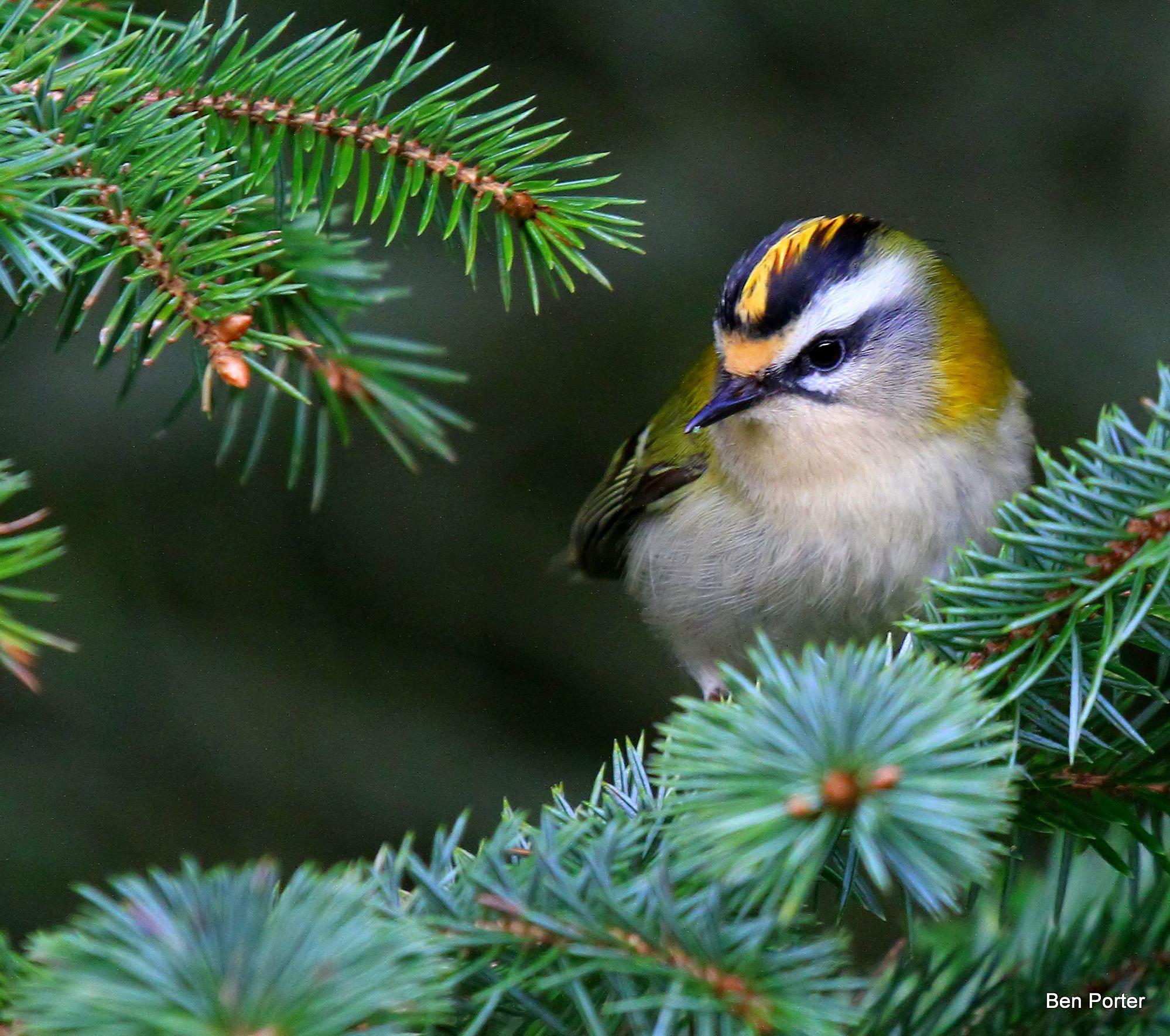
Firecrest, Bardsey Island, Gwynedd (Photo: Ben Porter)
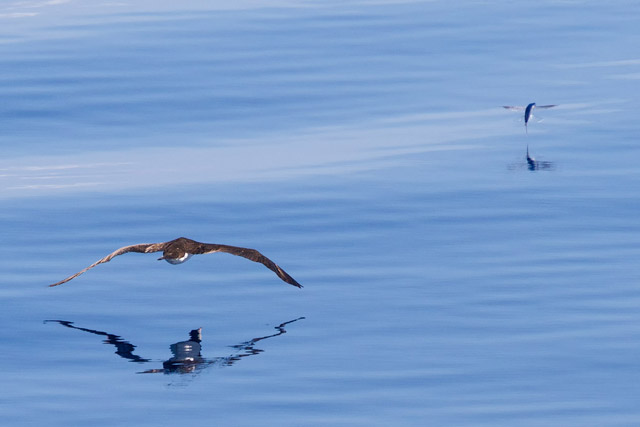
Brown Booby, St Lucia (Photo: Nick Clayton)
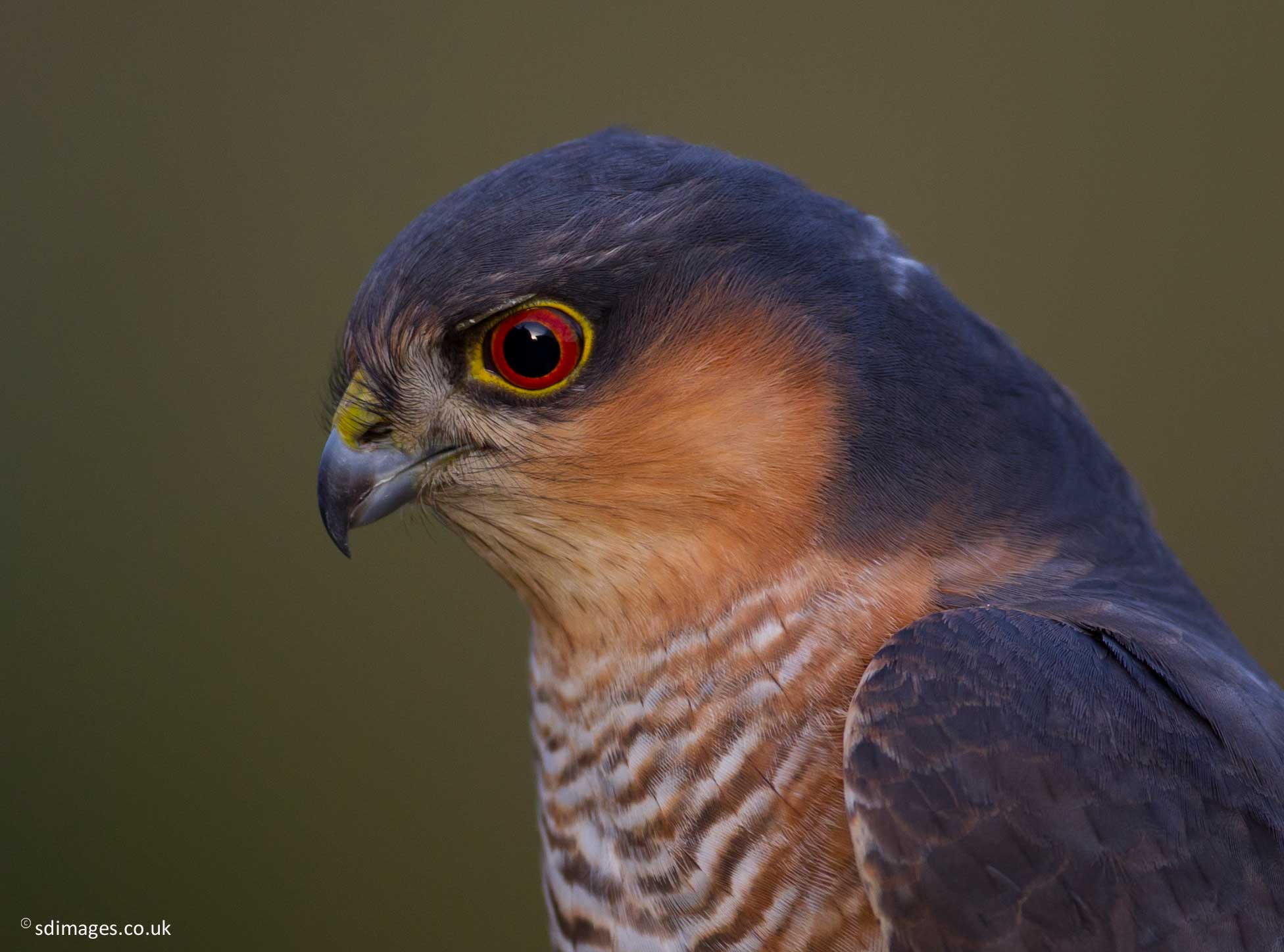
Sparrowhawk, private site, Cheshire (Photo: Steve Dolan)
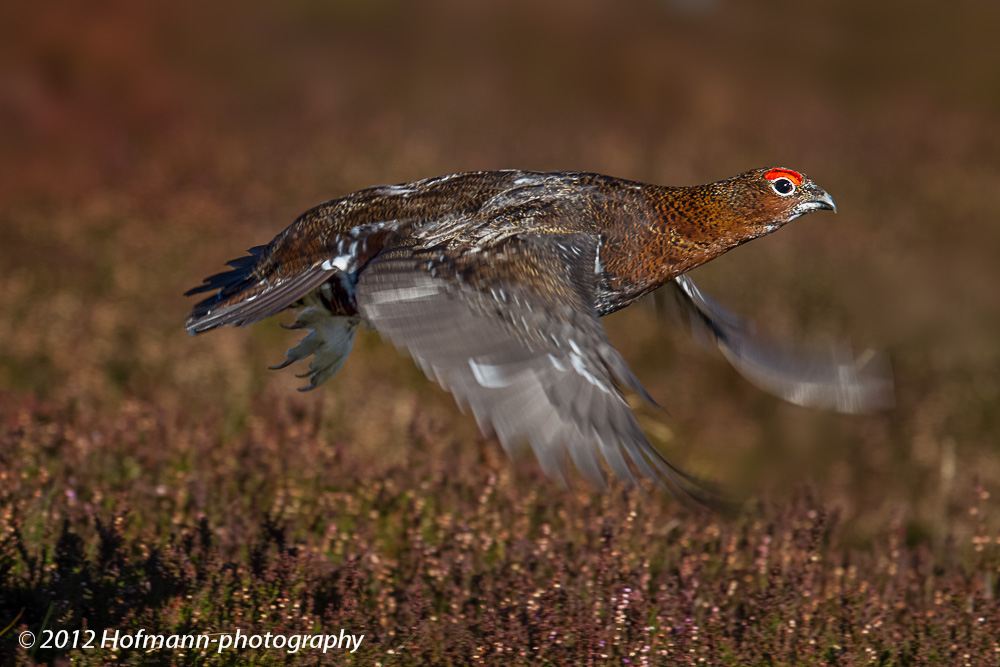
Red Grouse, undisclosed site, North Yorkshire (Photo: Gerhard)
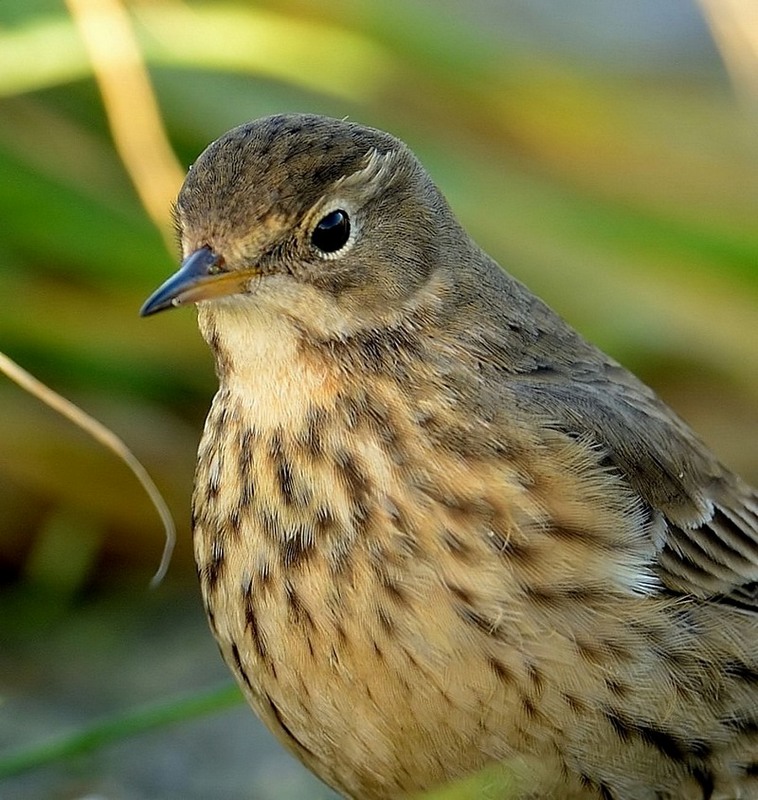
Buff-bellied Pipit, Queen Mother Resr (Permit Only), Berkshire (Photo: Dave Perrett)
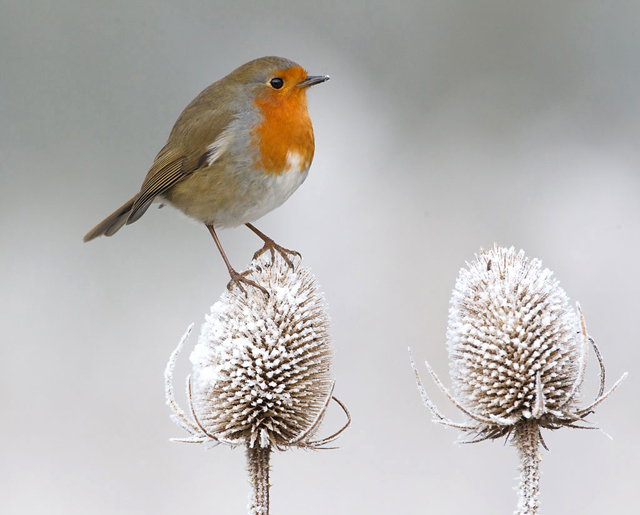
Robin, Wigan, Greater Manchester (Photo: Roy)
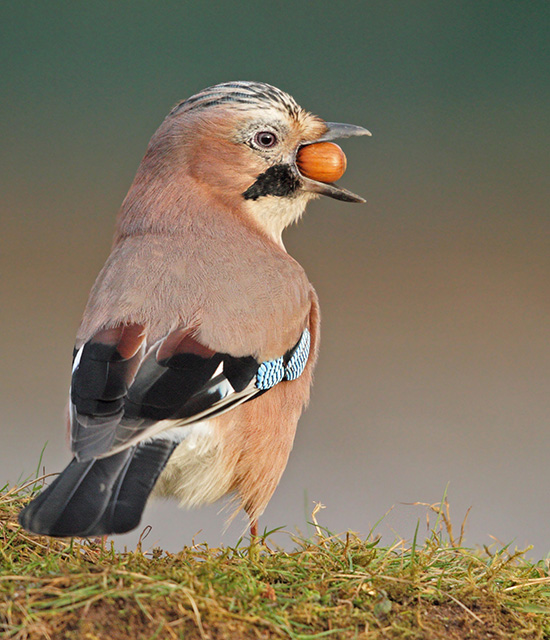
Jay, undisclosed site, Lancashire (Photo: Martin Jump)


